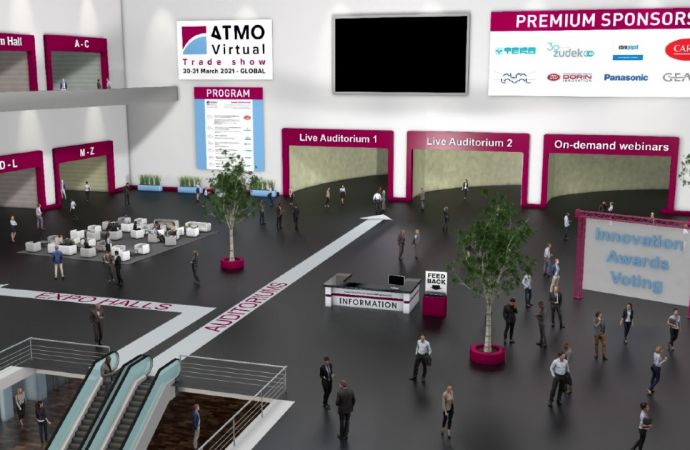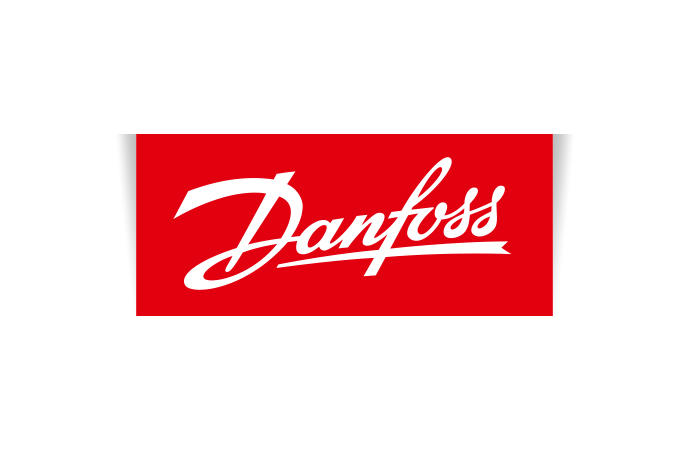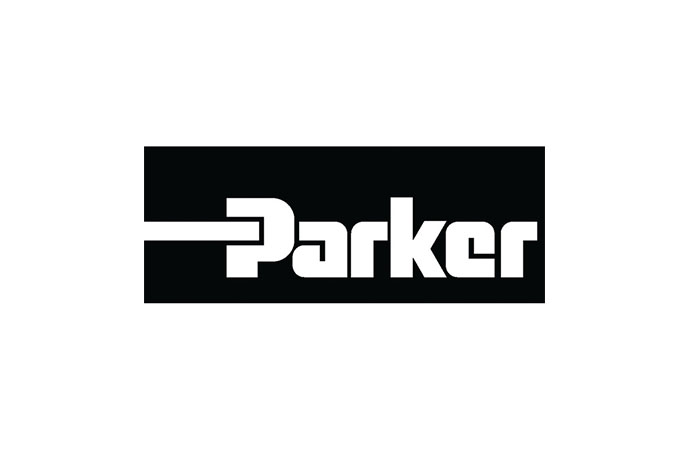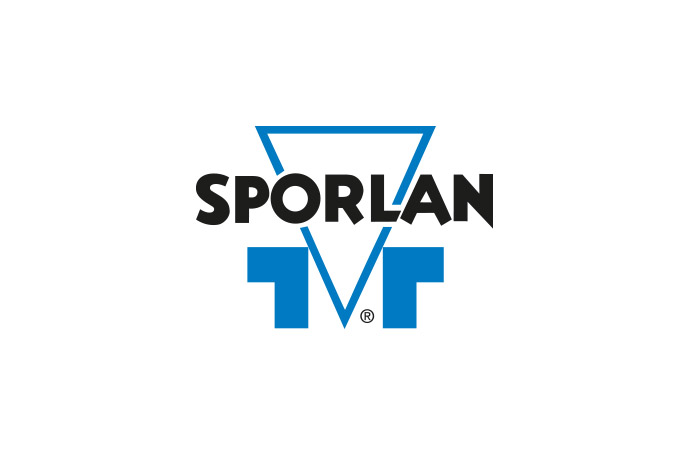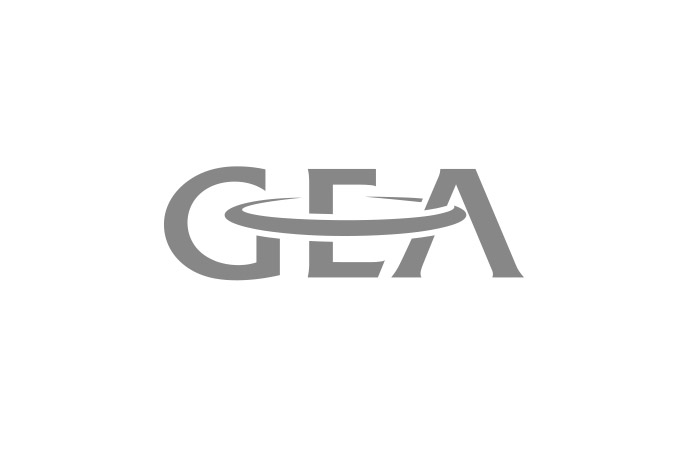An April workshop for South American ozone officers in Colombia, provided participants with best practice examples of using hydrocarbons in applications such as room air-conditioning, chillers for commercial buildings and the retail sector.

The presentation provided by GTZ Proklima drew on several hydrocarbon project examples in Europe and Asia, demonstrating the technical and economic feasibility of hydrocarbon technology, as well as the green credentials of the ozone and climate friendly technology.
R290 ACs in China
With the objective of enabling the introduction of hydrocarbons in the fast growing air-conditioning (AC) production sector in China, GTZ has been working with leading Chinese AC manufacturer Gree to develop propane (R290) room ACs. The R290 AC features a special compressor design and refrigerant leak alarm system.
The R290 ACs can be produced cheaper than R22 and R410A products and achieve a Coefficient of Performance (COP) greater than 3.52, that is better than the “A” rating of the EU efficiency labelling for ACs. Moreover, the design of the R290 unit achieved lower refrigerant charge size than that required by international standards for R290 air conditioners (IEC 60335-2-40).
Hydrocarbon chillers for commercial applications
In Denmark there are over 400 hydrocarbon chillers with capacities from 40kW to 400kW. The design of hydrocarbon chillers encompass the following considerations:
Use of R290 RAC equipment by food retailer Lidl
Heating Refrigeration and Air Conditioning (HRAC) technology company Futron has provided German food retailer Lidl with R290 equipment, featuring:
R290 ACs in China
With the objective of enabling the introduction of hydrocarbons in the fast growing air-conditioning (AC) production sector in China, GTZ has been working with leading Chinese AC manufacturer Gree to develop propane (R290) room ACs. The R290 AC features a special compressor design and refrigerant leak alarm system.
The R290 ACs can be produced cheaper than R22 and R410A products and achieve a Coefficient of Performance (COP) greater than 3.52, that is better than the “A” rating of the EU efficiency labelling for ACs. Moreover, the design of the R290 unit achieved lower refrigerant charge size than that required by international standards for R290 air conditioners (IEC 60335-2-40).
Hydrocarbon chillers for commercial applications
In Denmark there are over 400 hydrocarbon chillers with capacities from 40kW to 400kW. The design of hydrocarbon chillers encompass the following considerations:
- The selection of the type of hydrocarbon refrigerant is determined by the type of load, temperatures required etc.
- The chillers are designed to use as little charge as possible, to minimise the points of potential leakage and to limit the circulation of the refrigerant within the confines of the chiller frame
- All non-essential valves are eliminated and the type of valve is carefully selected
Use of R290 RAC equipment by food retailer Lidl
Heating Refrigeration and Air Conditioning (HRAC) technology company Futron has provided German food retailer Lidl with R290 equipment, featuring:
- Design as a connected unit within a gas-proof enclosure
- Integral plant installed outside the property (e.g. roof top)
- All pipe work is provided with welded connections between the system’s components
- At least one gas sensor: if the pre-set limit of hydrocarbon concentration is exceeded, all electric components are switched off and separated from the electricity supply
- Additional leak-proof pan in the bottom of the enclosure/oil leakages are also kept by the pan
- Ventilation system according to ATEX guidelines
- Pre-assembled plant with minor assembling on-site
MORE INFORMATION
Related stories


